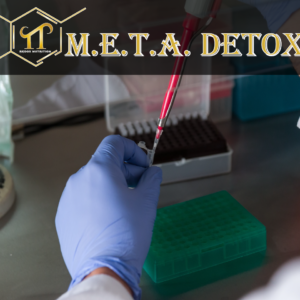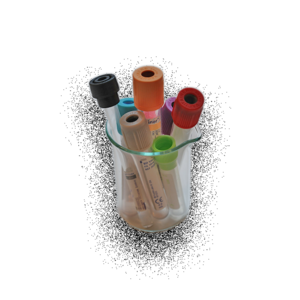Prostate-specific antigen (PSA) is a glycoprotein produced by the epithelial cells lining the prostatic ducts and acini. Normally, it is secreted into the prostatic ducts and is present only in prostate tissue, prostatic fluid, and seminal plasma. PSA is produced by normal, hyperplastic, and cancerous prostatic tissue. PSA is used as a tumor marker for the early detection of prostate cancer and in other areas of prostate disease management.1 The Prostate-Specific Antigen Best Practice Statement: 2009 Update published by the American Urologic Association1 describes the use of PSA testing for:
• The evaluation of men at risk for prostate cancer
• Assistance in pretreatment staging
• Risk assessment posttreatment monitoring
• Use as a guide in management of men who recur after primary or secondary therapy
Limitations
The measured PSA value of a patient’s sample can vary depending on the testing procedure used.2 PSA values determined on patient’s samples by different testing procedures cannot be directly compared with one another and could be the cause of erroneous medical interpretations.2 Results cannot be interpreted as absolute evidence of the presence or absence of malignant disease.1 The PSA value should be used in conjunction with information from clinical evaluation and other diagnostic procedures.1
PSA levels can be elevated in patients with prostatitis.1 Treatment with antibiotics will decrease PSA by approximately 30% in men whose PSA elevation is due to prostatitis alone.1 PSA can also be increased in men with benign prostatic hyperplasia (BPH).1 PSA can be increased due to urethral or prostatic trauma.1 Prostate biopsy can cause substantial elevation of PSA levels.1 Cystoscopy may increase PSA levels immediately after testing.1 Ejaculation and DRE have been reported to increase PSA levels but studies have shown the effects to be variable or insignificant.1 PSA testing can be performed with reasonable accuracy after rectal examination.1
Surgical castration or medical castration (with LHRH-agonist or antiandrogen therapy) can lower PSA levels dramatically.1 Finasteride and dutasteride (5-α reductase inhibitors) can lower PSA levels by approximately 50% regardless of the dose.1 Prostatic intraepithelial neoplasia (PIN) does not increase PSA levels.1
Methodology
Electrochemiluminescence immunoassay (ECLIA)
Reference Interval
Male: 0−4.0 ng/mL (Note: This interval is not intended to be used as a reference for posttreatment follow-up and monitoring of patients.)
According to the American Urological Association, serum PSA should decrease and remain at undetectable levels after radical prostatectomy. The AUA defines biochemical recurrence as an initial PSA value ≥0.2 ng/mL followed by a subsequent confirmatory PSA value ≥0.2 ng/mL.





